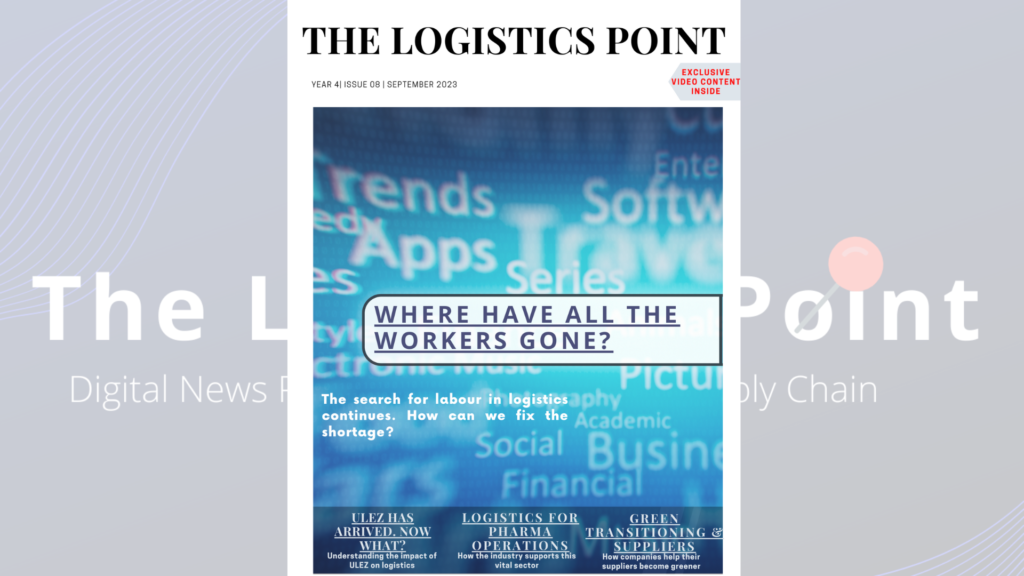David Food, Head of Supply Chain at Board International
Global food supply chain disruption is once again a talking point for many business leaders across Europe. Russia’s recent withdrawal from the Black Sea Grain has the potential to block or severely hamper food exports from Ukraine. The European Commission reports that Ukraine accounts for 10% of the world wheat market, 15% of the corn market, and 13% of the barley market, in addition to being a key contributor of sunflower oil. David Food, Head of Supply Chain at Board International takes a look at the food supply chain challenges.

As the global economy is set to face another round of food price hikes, many businesses already know the onus is on them to step up their planning efforts, as a significant factor to building robust, resilient food supply chains. According to Board’s recent Global Planning Survey, 85% of decision makers report that planning is being taken more seriously since last year but unfortunately 90% who tried to initiate some type of planning transformation since 2020 failed in some aspect.

Sorting out weaknesses
Food manufacturing divisions tend to focus solely on their own activities with little consideration for their impact on other business units. This means there is a lack of end-to-end visibility, which in moments of disruption and crisis, makes it difficult to identify which processes or stages in the food supply chain are lagging or need more attention. Aside from modus operandi, there tends to be a lack of certainty on which technology to invest in or deploy – particularly when it comes to simulation tools.
Machine Learning (ML) algorithms can help businesses make rapid and accurate decisions. This is because it leverages AI-based technology with many aspects of forecasting, which when planning for future disruptions, is a game changer. For instance, ML and AI can accurately track supplier performance, select the most cost-effective options for transporting food and flag inefficient points within the overall supply chain system.
Mitigating disruption
Tetra Pak, a world-leading food processing and packaging solutions company, used enhanced financial and simulation planning to undertake agile simulation capability, replacing its legacy Excel-based modus operandi with speed-to-scenario tools. This increased simulations to rapidly test scenarios and adapt to hypothetical supply chain disruptions.
Another example is Lamb Weston, a global frozen food processing company, who adopted business intelligence planning to revolutionise its supply chain processes. The company had faced operational challenges which threatened to significantly hinder its future plans to scale and boost revenue growth. Through building out a defined supply chain plan through IBP, the company became more agile in its decision-making processes which positioned them to confidently forecast sales a few months in advance.


